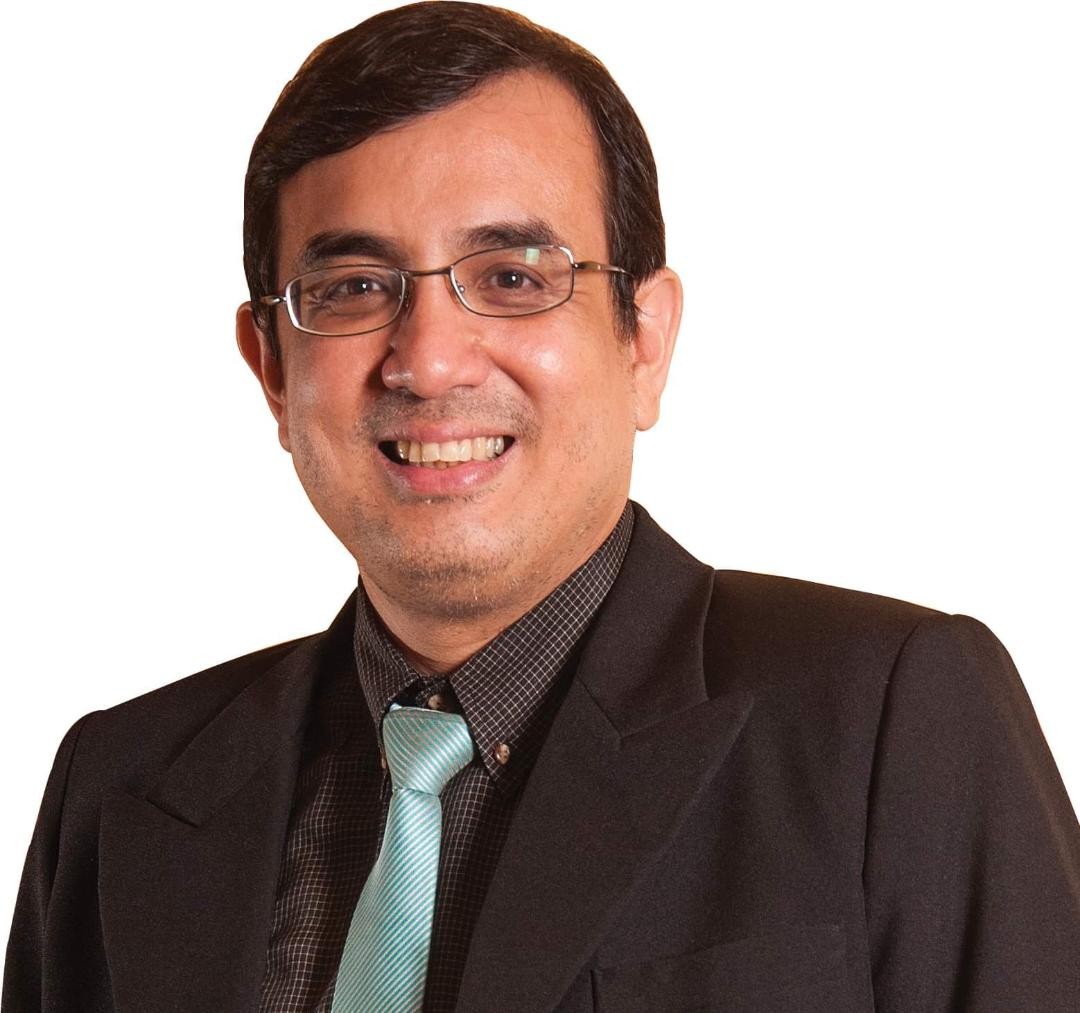ESPRESSO MORNINGS
By Joe Zaldarriaga
Inclusive digitalization for OFWs
Share
Businessman and philanthropist Manuel V. Pangilinan, who once worked as an overseas Filipino worker (OFW) in Hong Kong, recently shared that “OFWs work hard because that’s the only way to cope with homesickness”. This leads me to ponder on the role our migrant workers play not just in economic progress but in national development.
Filipino migrant workers have emerged over the years as an economic pillar and lifeline of the country—highlighting the significant value of their perseverance and sacrifices abroad. A testament to this is the cash remittances from OFWs that were highly instrumental in keeping the country afloat during the pandemic and continue to be a key driver of the Philippines’ economic recovery and growth.
In 2022 alone, total inflows from OFWs posted an all-time high of USD36.14 billion. Cash remittances reached USD3.16 billion—a 5.8 percent jump from the USD2.99 billion recorded in 2021, data released by the Bangko Sentral ng Pilipinas showed.
Beyond providing support to their families here in the Philippines, OFWs also play a significant role in the development and progress of societies across the world—bringing pride to Filipinos everywhere.
The value that OFWs bring to our country cannot be measured and it is only right that we do our part to promote their welfare. President Ferdinand R. Marcos Jr. had assured OFWs that his administration will continue to strengthen diplomatic ties with countries that host Filipino migrants to ensure their safety, and well-being.
Given the significant number of Filipinos working abroad estimated to be around 2.5 million, our government and citizens bear the responsibility of improving the safeguards and social services available to our OFWs. The creation of the Department of Migrant Workers (DMW) is a significant step towards this goal, but challenges remain in terms of safeguarding their rights and promoting their welfare.
Beyond providing social and safety measures for OFWs, it is also important to empower them given today’s rapid digitalization across the world.
One way to effectively empower our OFWs is by ensuring that digitalization efforts in the Philippines are inclusive in the sense that the benefits are felt not only by Filipinos here in the country but also by those working in other countries. Inclusive digitalization is a must to ensure holistic interconnectivity not just in terms of communications but also in other aspects of personal, family, and work life.
In today’s highly interconnected world, digitalization has become a necessity for economies worldwide to remain competitive. But beyond market expansions, digitalization has emerged as a vital tool for ordinary Filipinos for communication and access to information, social services, and electronic banking among others.
With digitalization among the top socio-economic agenda of the Marcos administration., it is imperative for both the public and private sectors to work towards the achievement of this goal for the benefit of all Filipinos, whether here or abroad, most efficiently and effectively possible.
Through strategic public-private partnerships, our country can extend more and better social and digital services to OFWs. For example, the Overseas Workers Welfare Administration (OWWA) recently partnered with PLDT Global Corp. to enable OFWs to have easier access to the OWWA Helpline 1348 for free through TINBO (Tindahan ni Bossing), a one-stop online marketplace for global Filipinos. The DMW on the other hand inked a deal with the Cybercrime Investigation and Coordinating Center to mitigate cyber-related risks for our migrant workers and enhance their digital defense as well.
All these initiatives foster a safer and more conducive digital environment for our OFWs and show the government’s support to them even though they are not physically present in the Philippines.
As we continue to work towards progress in today’s highly digital world, let us ensure that no Filipino—whether here or abroad—gets left behind.
Editor’s note: The opinions expressed in the foregoing article are solely the author’s and do not reflect the opinions and beliefs of the Philippine News Agency (PNA) or any other office under the Presidential Communications Office.
Comments
About the Columnist

Joe Zaldarriaga is a veteran, award-winning communicator immersed in public service within and beyond the energy sector. He has more than 30 years of experience serving the country’s biggest electric distribution utility and is involved in a number of public service functions, as member of various committees on public safety, power supply security and electrification. Concurrently, he is a prominent figure in the Philippine communications industry, as Chairman and Past President of the US-based International Association of Business Communicators Philippines (IABC PH). He is also an awardee of the University of Manila’s Medallion of Honor (Dr. Mariano V. delos Santos Memorial) and a Scroll of Commendation, a testament to his celebrated years in public service exemplified by outstanding communications.
Joe also shares his opinion and outlook on relevant national and consumer issues as a columnist in several prominent publications and is now venturing into new media via hosting a new vlog called Cup of Joe. Previously, Joe was a reporter and desk editor of a Broadcasting Company and the former auditor of the Defense Press Corps of the Philippines. A true green Lasalian, he finished with a degree in Asian Studies specializing in the Japan Studies program at De La Salle University, Manila, where he also spent his entire education.
